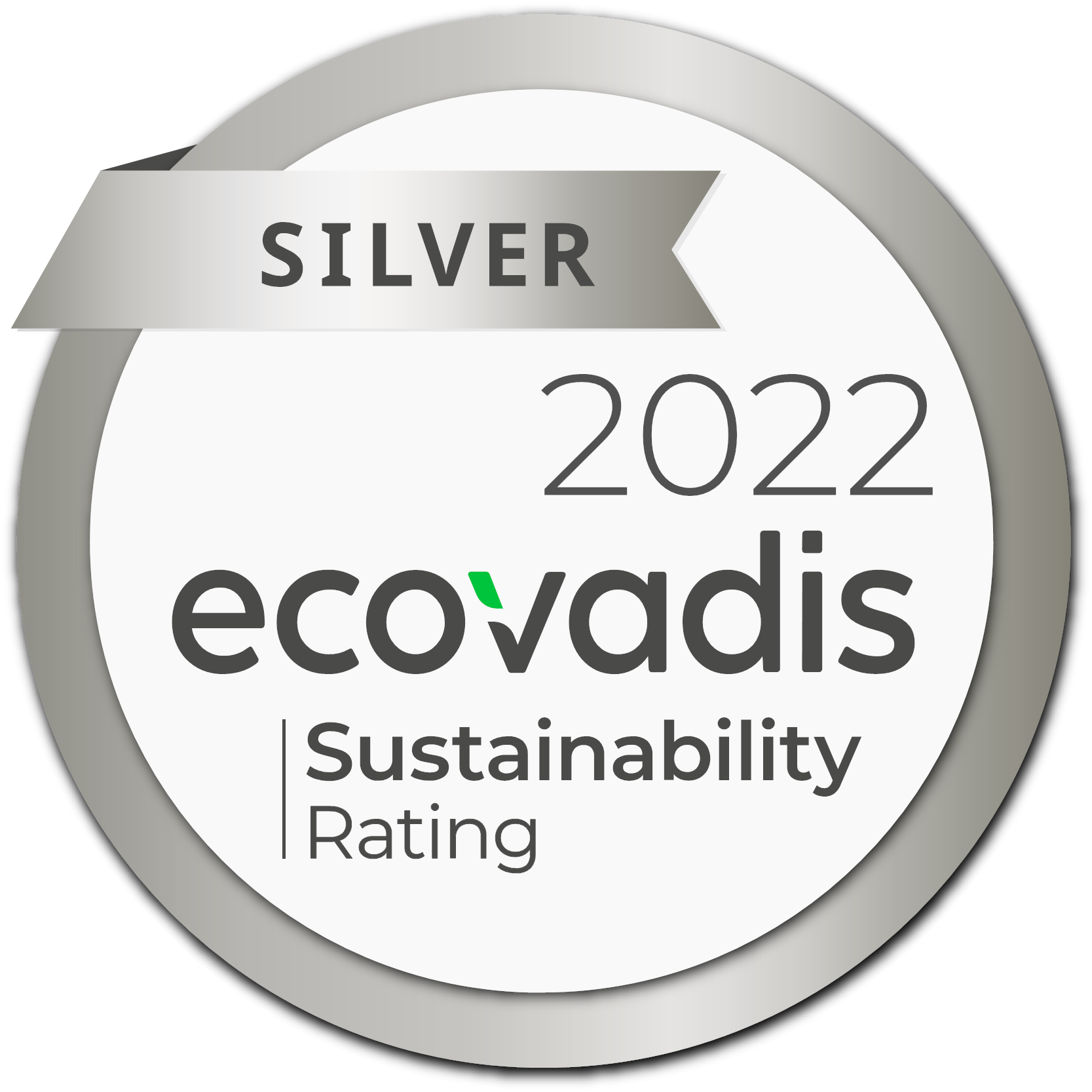A job in sales can open up a world of opportunity.
You would have the chance to travel, meet interesting people, and see your hard work paying off. But first, you need to nail your sales interview. The key is to research the company beforehand and prepare for the questions that you are most likely to be asked.
For example, how would you answer a “sell me something” interview question? Think about Martin Scorsese’s The Wolf of Wall Street. In one scene, stockbroker Jordan Belfort took a pen out of his pocket and told his potential employees: “Sell me this pen.” Similarly, recruiters could pick a random item in the room and ask you to come up with a sales pitch.
If you start talking about the characteristics and benefits of the pen, you’re doing it all wrong. Instead, you must get to know the “buyer” and ask questions that would help you understand his needs. It’s an opportunity to showcase your ability to communicate, persuade, negotiate, and think under pressure.
Think of your job interview as a sales meeting. Be prepared to “sell” your skills and demonstrate that you’re a good fit for the role. What matters most is to give recruiters a reason to choose over other candidates.
Here are a few expert tips to sell yourself as the best candidate for a sales role.
Craft compelling STAR stories to turn interviews into offers
A sales job interview can be tough, as it’s meant to test your skills in different areas. Most employers seek ambitious, confident candidates who possess the ability to persuade others, make quick decisions, and understand customers’ needs.
Sales training expert Anthony Garcia told Forbes that he always tries to get an insight into the candidate’s character.
"To excel in this role, you need to be articulate and have strong interpersonal skills. Recruiters will also want to get a feel for your sales style and see how you would handle real-life scenarios."
For example, Garcia stated that he may ask applicants to describe the greatest adversity they have faced. The ideal candidate would provide an answer that demonstrates a level of grit and perseverance. As Garcia points out, he’s not looking for cookie-cutter answers like “I failed to meet my quota and felt bad about it.”
Garcia recommends using the STAR method to nail your sales interview. This technique involves responding to behavioral questions by describing the specific Situation, Task, Action, and Result related to that matter.
Here is how you should use the STAR method.
Let’s say you are asked about the most difficult decision you ever had to make on the job. If you use the STAR method, you will follow these steps:
- Situation: Start by setting the scene for your story. Describe what was going on and the challenges you faced.
- Task: Explain what your tasks or responsibilities were in that situation.
- Action: Describe the steps you took to overcome the challenge.
- Result: Discuss the outcome of your actions.
Familiarize yourself with the most common interview questions, brainstorm examples of past experiences, and then try to apply the STAR method. While you don’t want to appear too rehearsed, it’s important to plan ahead and practice before the interview.
Research, research, research
Whether you are interviewing in person or online, research the company and the role you’re interested in. Chances are, recruiters will want to know how you found out about the job and what captured your interest. They might also ask questions like:
- What do you know about our company?
- Which of our products/services appeal to you?
- What do you think we could do better?
Make sure you have a good understanding of the company’s culture, mission, and products. The more you know about it, the more relevant your answers will be.
Generic statements, such as “I think this is one of the best companies to work for,” will disqualify you from the start. Nearly 50% of recruiters will pass on job candidates who know very little about the company.
Check out the organization’s website, social media pages, and press releases. Try to find out more about its target market, competitors, major achievements, and other aspects. Mention some facts from its blog posts or newsletter during the interview.
You would be surprised how many job seekers know nothing about the companies they’re interviewing with! Use your research skills to gain a competitive edge and show that you are genuinely interested in the position.
Leverage the power of body language
How you carry yourself is just as important as what you say, bestselling author and entrepreneur Patrick King told Business Insider. Common mistakes, such as keeping your arms crossed, looking too serious, or avoiding eye contact, could send the wrong message to recruiters.
Crossed arms, for example, are a sign of resistance. Someone who doesn’t make eye contact may come off as dishonest or untrustworthy. Slouching, on the other hand, is linked to boredom and poor self-confidence.
King recommends smiling genuinely during a job interview. Lean forward and keep your hands in plain sight. Unfold your arms and refrain from clasping or fidgeting your hands.
The experts at Business Insider also suggest using a similar body language as the person in front of you. This technique is called mirroring. When used properly, it can help you build rapport and improve your relationships. It’s also an effective way to connect with others on a deeper level and appear more likable.
Focus on your accomplishments
Most recruiters ask candidates to introduce themselves at the beginning of the interview. What they don’t want to hear is your life story or a description of your job duties in a previous role. This is your chance to showcase your strengths and accomplishments, so try to come up with an elevator pitch.
Share your story, but don’t go into detail. Instead, focus on what sets you apart from others. Your message should be relevant to prospective employers, points out Northeastern University. Recruiters have already seen your resume. Now they expect you to give some insight into your personality and thought process.
For example, you could talk about a meaningful moment that helped you realize what you want to do in life. Describe what motivates you to do your job and where you see yourself in the near future. Focus on your accomplishments and how they relate to the position you’re applying for. Be confident but humble.
Market yourself to potential employers
Think of yourself as a product or service that you’re trying to sell. After all, you are selling your time and expertise. Consider the company’s needs and then try to show what value you can bring to the table.
Be specific about how you execute your sales role and what makes your approach effective. Avoid answering with “ah’s,” “um’s,” “kind of,” “sort of,” and other filler words that can make you look insecure. Carry yourself with confidence and show a little personality.
Come up with creative ideas and solutions to demonstrate your value. For example, if you’re applying for a job at a startup or local business, brainstorm a couple of sales strategies that may benefit the company. Research the strategies they already use and then try to determine what could be improved or done differently. Present your ideas during the interview to show what you are capable of.
Note, though—this approach is unlikely to work when you’re interviewing with an established company. Large organizations have proven processes in place, and every decision requires careful analysis. But even so, you can still share your ideas in a manner that highlights your expertise and creative side.
Now that you know how to prepare for a sales interview, how would you feel about joining our team? At Frank Recruitment Group, we only hire the best, and support our employees in advancing their careers; apply now and use the above tips to ace your job interview!






